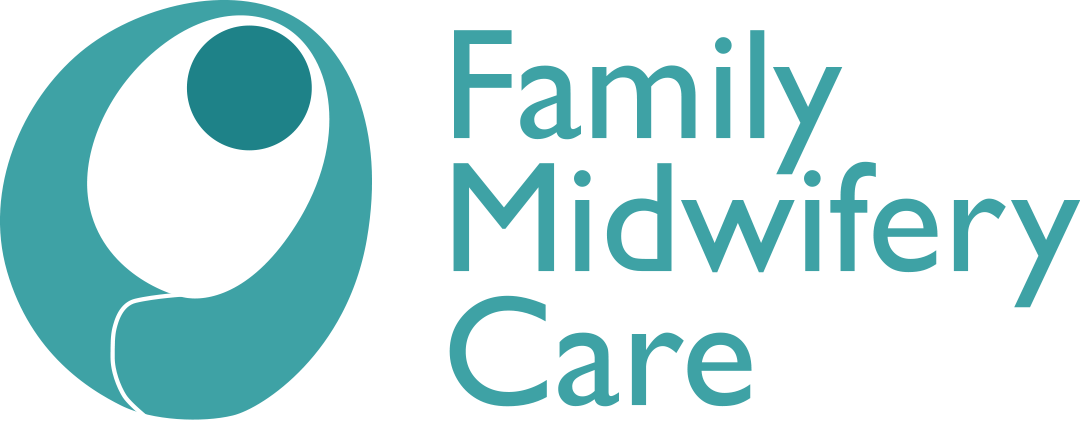Preterm Labour
A Guide to Preterm Birth and Preterm Babies
A Guide to Preterm Birth and Preterm Babies
This information sheet is intended to provide you with details as to what might happen if you have a preterm birth and a preterm baby. Of all births, only 6 to 8% are preterm (more common with twins or other special cases). If your baby does come early, your midwife and hospital care team will provide you with information and support.
Preterm birth is any birth that happens after 20 weeks gestation and up to 36 weeks and 6 days.
In most cases of preterm labour the mother will:
Be admitted to hospital in the labour and delivery unit
Have a consult and possible transfer of care to the on-call Obstetrician (pregnancy doctor) at the hospital. Your pregnancy is now considered higher risk.
Have a nurse(s) involved in the hospital care
Have an IV placed in the hand or wrist with fluids and antibiotics.
Have vaginal exams, speculum examination and swabs of the vagina
Have urine and blood tests
Have a consultation with the Pediatrician (baby doctor) before/after the birth
Be transferred by ambulance to a level 3 hospital (more specialized than Guelph) in another city which may be far away. (before 34wks)
May be observed in hospital for days or weeks if labour symptoms stop.
If the baby is breech, caesarean section (C section) may be recommended.
Your midwife may:
Consult with the on call obstetrician and/or pediatrician and may stay with you until: an ambulance transport is arranged or if the birth is happening quickly.
Be in phone contact with you and your family if you are transported to another city
Be involved in your care as a support person after transferring your care to the doctor, if you are staying in the Guelph Hospital. (34wks and beyond)
Look after you and possibly your baby in hospital and/or at home. (Once you return to the Guelph area.)
What happens during preterm labour/birth is very dependent on how far along the pregnancy is.
From 20 to 24 weeks gestation:
At this early stage in pregnancy most women will stay in Guelph to deliver and not be transported to a level 3 hospital. Your midwife will most likely stay with you and work along side the nurses and doctors to care for you and your family.
Babies that are born between 20 to 24 weeks are considered very preterm. Though their bodies are fully formed their brain and organs are very immature and are not ready to work outside of their mothers bodies. Survival of babies born at this point is not common. These very immature babies sometimes die in labour, at the time of birth or within a few hours of birth. It is not routine to resuscitate these babies.
From 24 to 34 weeks gestation:
In this time span the mother may receive an injection of a steroid to help the baby’s lungs to mature. This injection is given if preterm labour/birth is suspected while the mother is still pregnant. Ideally women would be given two doses of the medication 24 hours apart before the birth. If labour is confirmed this stage in pregnancy you will be urgently transported to a level 3 hospital within Ontario and possibly beyond (Detroit). Unfortunately labour and births at a distance from Guelph cannot be attended by your midwife. She will be talking with you and your family and possibly your care providers to stay up to date.
Babies born between 24 to 28 weeks gestation usually need a lot of medical care immediately after the birth and for many weeks to months and possibly years later. From 24 weeks on, the survival rate increases by 3% for each additional day the fetus stays in its mother.
These early babies may have problems with their lungs, brain, infections, heart, SIDS and long term disabilities. These babies usually stay in a NICU (advanced nursery). They may have IV’s and monitoring hooked up and are often fed by IV and tubes. Sometimes babies are transported after birth to a specialized children’s hospital. This may mean a temporary separation with mother in one hospital, and baby in another.
From 34 to 36 weeks and 6 days:
These babies usually do very well and have almost equal survival rate to babies that are born at term. These babies are called “near term” but they still have some hurdles to overcome. Often these babies need to stay in the hospital nursery to strengthen their breathing, help with feeding, to grow and to treat jaundice.
Breastfeeding a preterm baby:
Most women are strongly encouraged to use a breast pump shortly after birth to stimulate milk production for their preterm baby. Preterm babies benefit greatly by receiving their mother’s breast milk. Mothers of preterm babies make special milk designed for the needs of their early baby. This milk is different because it is full with protein and fat and immune boosters. Most preterm babies can be fed their mother’s breast milk either at the breast, in a bottle or by tube. Even if your baby isn’t ready for milk yet, your pumped milk can be stored for future use.
Final words:
Preterm labour and birth can be a very stressful time for families. Your midwife and care team will work to support a positive experience and birth. Often after a preterm birth, the mother is discharged from hospital before her baby. Most hospitals have Care-by-Parent rooms or other alternate accommodations for mothers/partners to stay close to their baby.
With all preterm babies anticipate that your baby will be ready to go home from the hospital at its original due date. Any sooner is a bonus!
Signs and Symptoms of Preterm Labour
Fetal Fibronectin
Link: Fetal Fibronectin




